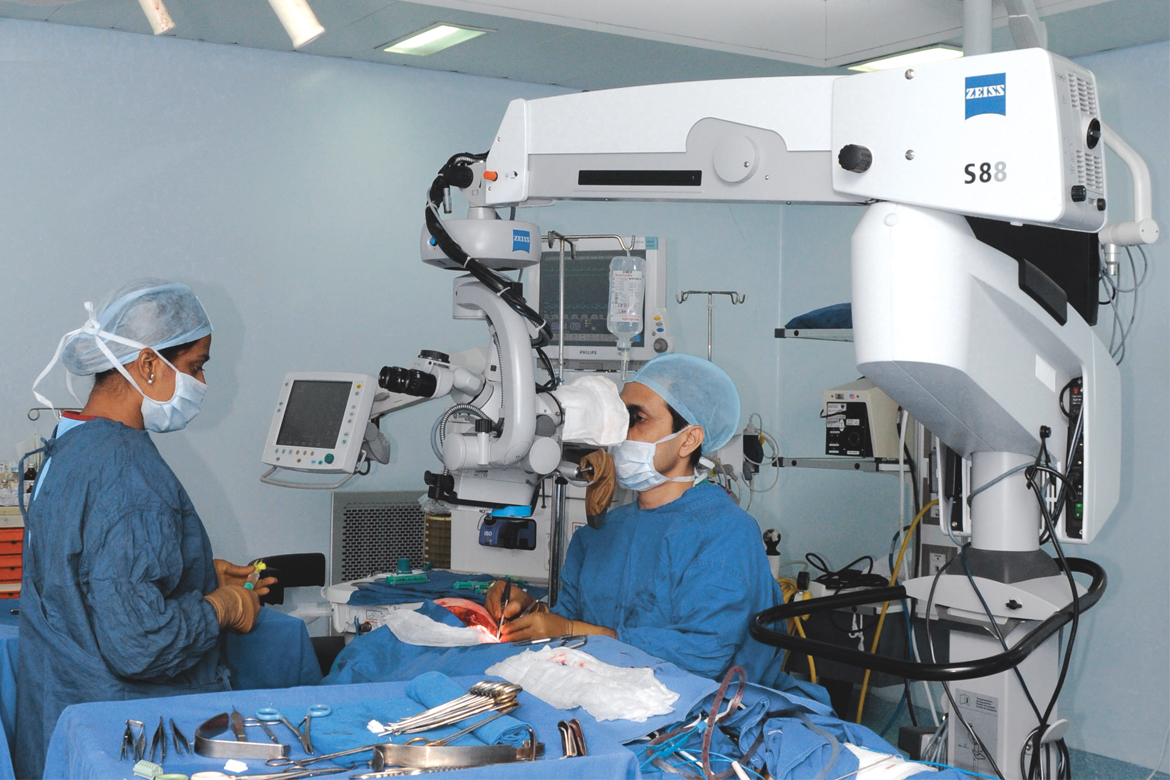Surgery for solid organ cancer is often mutilating and can considerably compromise function and body image. It is, therefore, not surprising that patients agree for surgery very reluctantly. However, based on better understanding of cancer biology and advanced technology in the past two to three decades, there has been a paradigm shift in the management of cancer.
The evolution of cancer management can be divided into three eras: the fi rst era focused on curing cancer by performing radical extirpative surgery. This invariably resulted in disfi gurement and organ dysfunction (radical mastectomy, abdominoperineal resections, commando operations with mandibulectomy, amputation of limbs, etc.). Once we [oncologists] realised that loco-regional control and overall survival did not necessarily improve with increasing radicality of surgery, we started focusing on preservation of function and cosmesis without compromising oncological principles; this represents the second era.
In the third and the current era, the focus is on preserving organs wherever possible, by utilising a judicious combination of radiation, chemotherapy and surgery.

85% success rate
of organ preservation by concurrent chemo-radiotherapy procedures
Function preserving surgery is most often a modifi cation of the original surgery, wherein part of the organ or its innervation is preserved with an aim to conserve as much function as possible. Thus, in the early stage of the cancer of vocal cord one has laser cordectomy or partial laryngectomy; lumpectomy for early breast cancer; lobectomy for localised lung cancer; or partial nephrectomy for early renal cell carcinoma. In situations where an organ or part of the organ has to be resected, planned reconstructive surgery is performed to restore normal function; for instance, reconstructive surgery in cancer of head or neck; laryngeal voice prosthesis after laryngectomy; breast reconstructive surgery after mastectomy; continent bladder after total cystectomy; or limb conserving surgery with artifi cial prosthesis for bone tumour.
The approach to preserving organs mainly comprises non-surgical management of solid cancer, with surgery reserved for organ salvage in the event of residual disease or recurrence. Generally the treatment consists of concomitant chemoradiation protocols. These are implemented in treatment of cancer of larynx, oesophagus, urinary bladder and cervix, to name a few. However, it is important to emphasise that these protocols can only be carried out in selected groups of patients in whom the cancer is suitable for such therapy and who are willing to follow up at regular intervals. The success of organ preservation protocol depends on early recognition of incomplete response or recurrence followed by early salvage surgery.
It is important to note that the key to success of any organ and function preserving therapy is in availability of a multidisciplinary team equipped with state-of-the-art facilities for diagnosis, staging and treatment. This is now the standard of care expected for patients with cancer in best cancer centres across the world.
Recognising this trend, Kokilaben Dhirubhai Ambani Hospital has taken the initiative to set up a comprehensive team dedicated for the treatment of cancer in a true multidisciplinary fashion. The Centre for Cancer is one of the Centres of Excellence in the hospital and comprises a team of surgeons specialised in dealing with cancer of different organs in an exclusive manner. Those patients who need chemotherapy or radiotherapy are administered special care by our medical oncologists and radiation oncologists.
Our specialists discuss every patient in detail and devise a treatment plan that is suitably tailored to each stage of cancer and individual needs of the given patient. This plan often involves two or more modalities such as surgery and/or chemotherapy or radiotherapy, planned in sequence to ensure best outcome for the patient.
Centre for cancer at Kokilaben hospital
- Specialists exclusively dealing with different cancers
- Full-time availability of all specialists as well as supportive departments such as cardiology, anaesthesia, pulmonolgy, etc.
- State-of-the-art diagnostics, including CT and MRI scanners
- Well-equipped operation theatres supported by latest technology
- Q Excellent intensive care support with dedicated intensivists
- Dedicated facility for administration of chemotherapy on daycare basis
- State-of-the-art radiation oncology with cutting edge technology such as Novalis Tx
- Multidisciplinary team working to ensure best outcome for the patient
 Back to Site
Back to Site